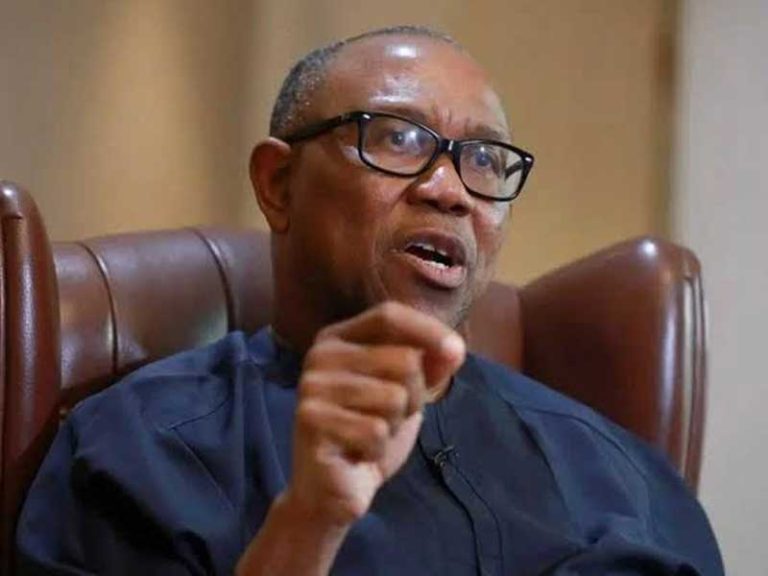In a recent interview on Channels Television, former Ekiti Governor Ayodele Fayose declared that Peter Obi is the only true opposition in Nigeria today — adding that no one among the opposition can beat Tinubu in 2027. The statement launched waves across political circles. For supporters, it affirms Obi’s rising singularity; for critics, it underscores the disorganization of Nigeria’s opposition. Either way, the remark merits sober unpacking.
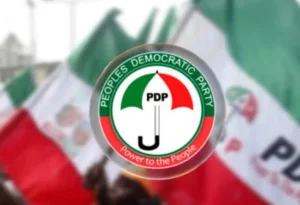
Opposition in Nigeria has always been fragmented
Nigeria’s post-1999 democratic era is littered with instances when a dominant ruling party overshadowed multiple shrinking opposition parties. The People’s Democratic Party (PDP) for years had near hegemony until internal crises allowed APC’s rise in 2015. Opposition often failed to cohere. A 2025 academic study tracing opposition behavior from 1999 to 2023 attributes recurring fragmentation to weak institutional foundations, personality-driven politics, and low voter turnout.
Against that backdrop, Fayose’s claim taps into a familiar frustration: that no opposition force has yet consolidated enough to credibly challenge an incumbent. He casts Peter Obi — former Labour Party presidential candidate — as that rare figure with both mass appeal and perceived moral gravitas.
Parsing Fayose’s assertion
“Obi is the only opposition”
By elevating Obi above other opposition leaders, Fayose is signaling that competing parties (PDP, NNPP, etc.) lack coherence or legitimacy. Indeed, major opposition parties today suffer internal dissension, leadership crises, and defections. According to BusinessDay, opposition groups aiming to unseat APC in 2027 have so far failed to resolve ambition conflicts and establish disciplined structures.
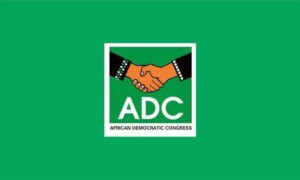
However, claiming Obi is the only opposition underrates emerging coalitions. In 2025, opposition leaders unveiled an ADC (African Democratic Congress)-backed alliance to challenge APC in 2027, bringing together figures like Atiku Abubakar and others. The ADC coalition signals that opposition is jockeying for a unified front — not waiting passively.
“No one can beat Tinubu in 2027 from the opposition”
This is a bold forecast. Tinubu’s incumbency offers structural advantages: access to state machinery, media attention, and defection pull. But incumbency is not invincible. By 2025, polls and by-election trends are mixed. The Guardian in September 2025 noted that although Tinubu is consolidating power, APC has failed to decisively crack the North’s opposition strongholds, and in by-elections the opposition still took seats.
Still, Fayose’s line is strategic — it frames the narrative early to dampen opposition morale and encourage consolidation around Obi as the singular alternative.
What supports Fayose’s claim — and what undercuts it
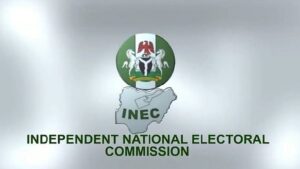
Supporting factors
* Obi’s brand equity — Obi consistently polls among the most trusted opposition figures. His message of financial discipline, anti-corruption, and “doing more with less” resonates with middle-class Nigerians.
* Opposition disarray — PDP, NNPP, and minor parties lack strong national cohesion, with leadership disputes and defections weakening their unity.
* Momentum of defections — High-profile defections to APC have raised perceptions that opposition strength lies in individuals, not parties.
Counterpoints
* Coalitions matter — The ADC platform suggests opposition figures recognize that no single personality suffices; they are seeking alliances.
* Regional strength & incumbency fatigue — Tinubu’s weak zone in parts of the North remains a gap for opposition strategies.
* Voter temperament & issues — Economic distress, inflation, insecurity may reorient voter behavior against incumbents. Obi’s strengths may or may not translate into broad platform dominance.
* Institutional constraints — Electoral system bias, access to resources, and media control favor incumbents and make “upsets” difficult but not impossible.
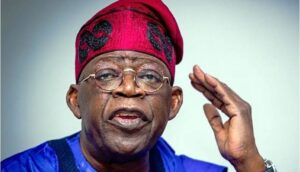
Political impact & message management
Fayose’s statement serves multiple purposes:
Boosting Obi’s primacy — By making him the solitary opposition, he helps consolidate support and marginalize fragmentation.
Psychological framing — Projecting inevitability nudges fence-sitters to align early with Obi and sows doubt in the confidence of other opposition campaigns.
Risk deflection — If others fail, the narrative becomes: “Obi was the only credible one; the rest never tried.”
Yet this approach risks alienating other opposition figures and deepening intra-bloc distrust if those excluded feel slighted.
A 2027 scenario sketch
Best-case opposition line-up: A united coalition around Obi, Atiku, elites from NNPP & PDP, using ADC as platform, combining northern and southern bases.
Wildcard factor: A strong rising candidate emerges (e.g. a governor or business figure) who disrupts the two-horse narrative.

APC strategy: Leverage incumbency, deliver selective projects, induce more defections, maintain media dominance, and plant spoilers.
If the opposition remains fragmented, Fayose’s prophecy will read like a self-fulfilling echo: “nobody else could.” But if the coalition crystallizes and Obi leads it credibly, Fayose’s framing may yet come true.
Conclusion
Fayose’s declaration — that Peter Obi is the only opposition and that no one else can beat Tinubu in 2027 — is audacious, provocative, and partly accurate in its diagnosis of opposition weakness. But as political history shows, dominance on paper does not guarantee success in practice. The coming months will test not just who can challenge Tinubu, but how opposition leaders manage ego, coalition, messaging, and voter sentiment.
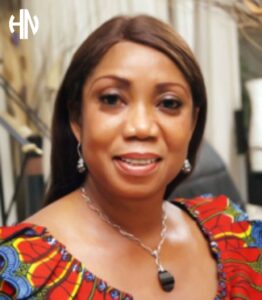
Whether Obi turns out to be the solitary opposition or the rallying point for a broader movement will determine if Fayose’s words end in prophecy — or in political hyperbole.
The National Patriots analysis.
Headlinenews.news

